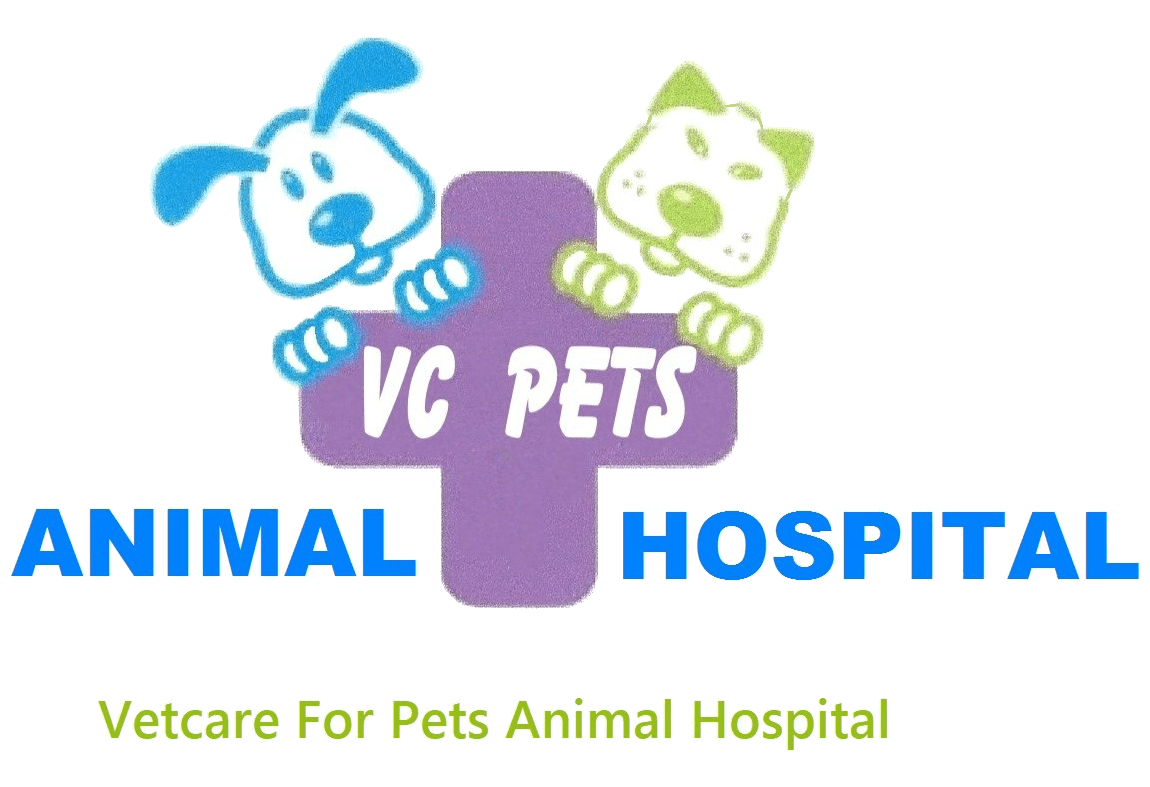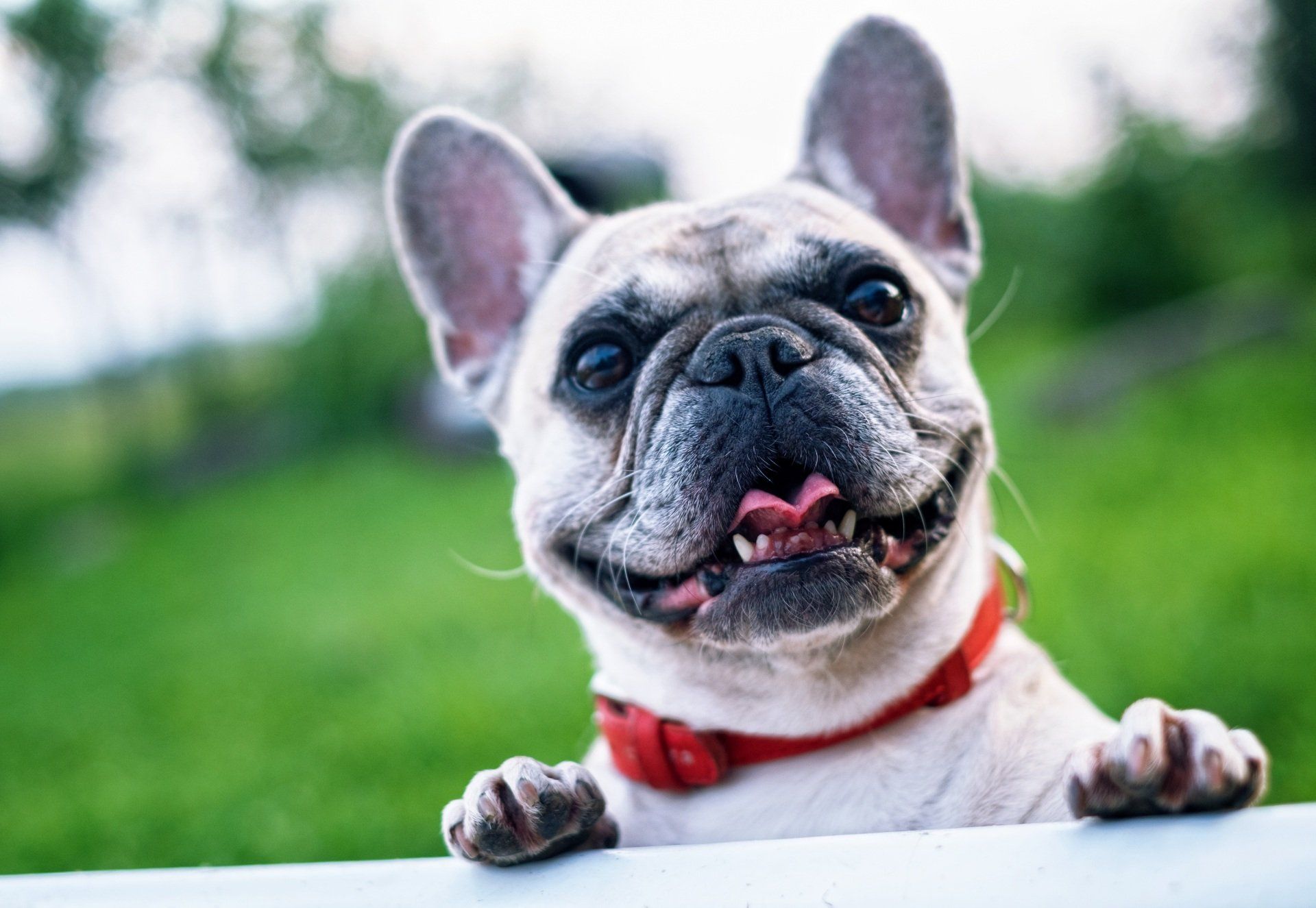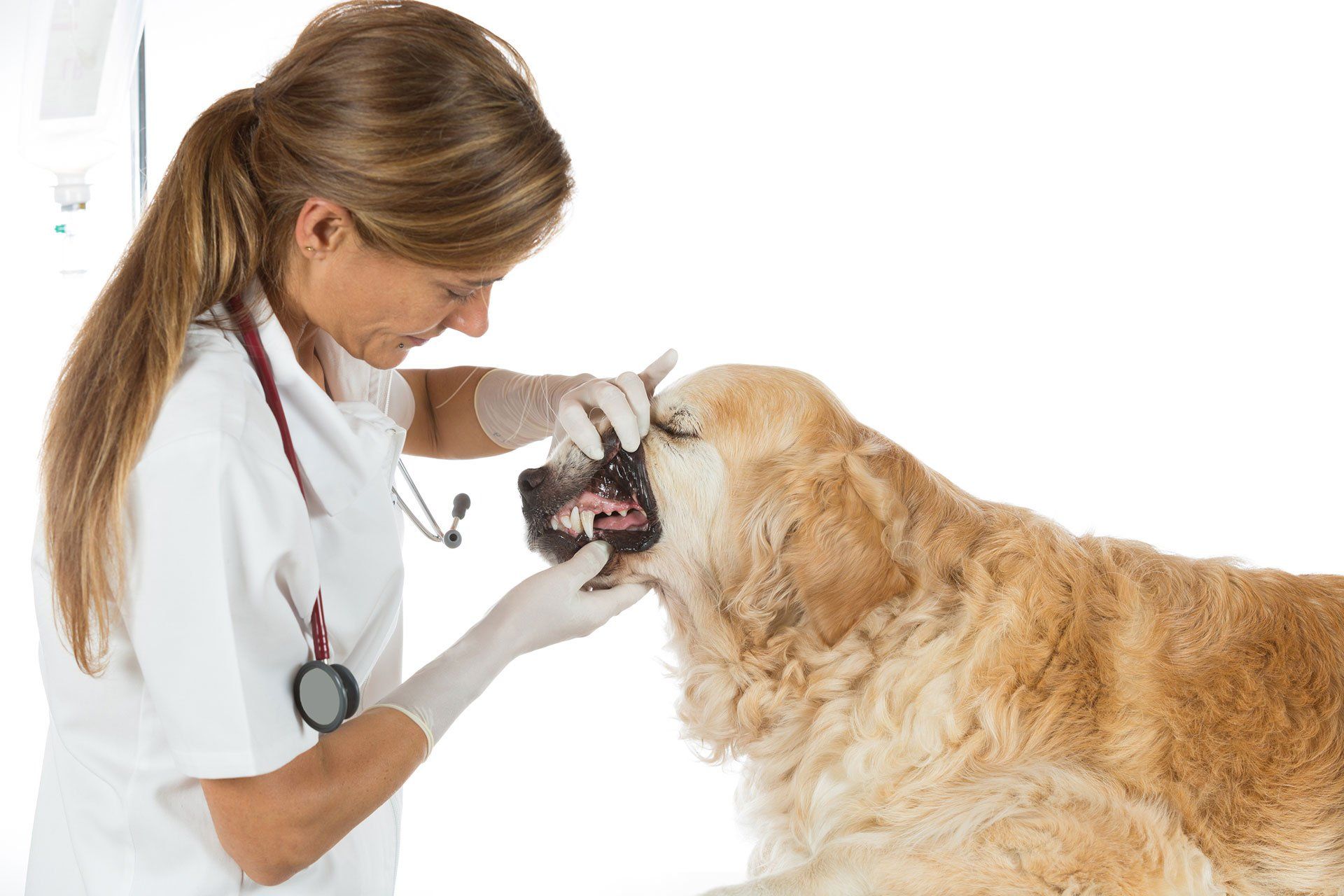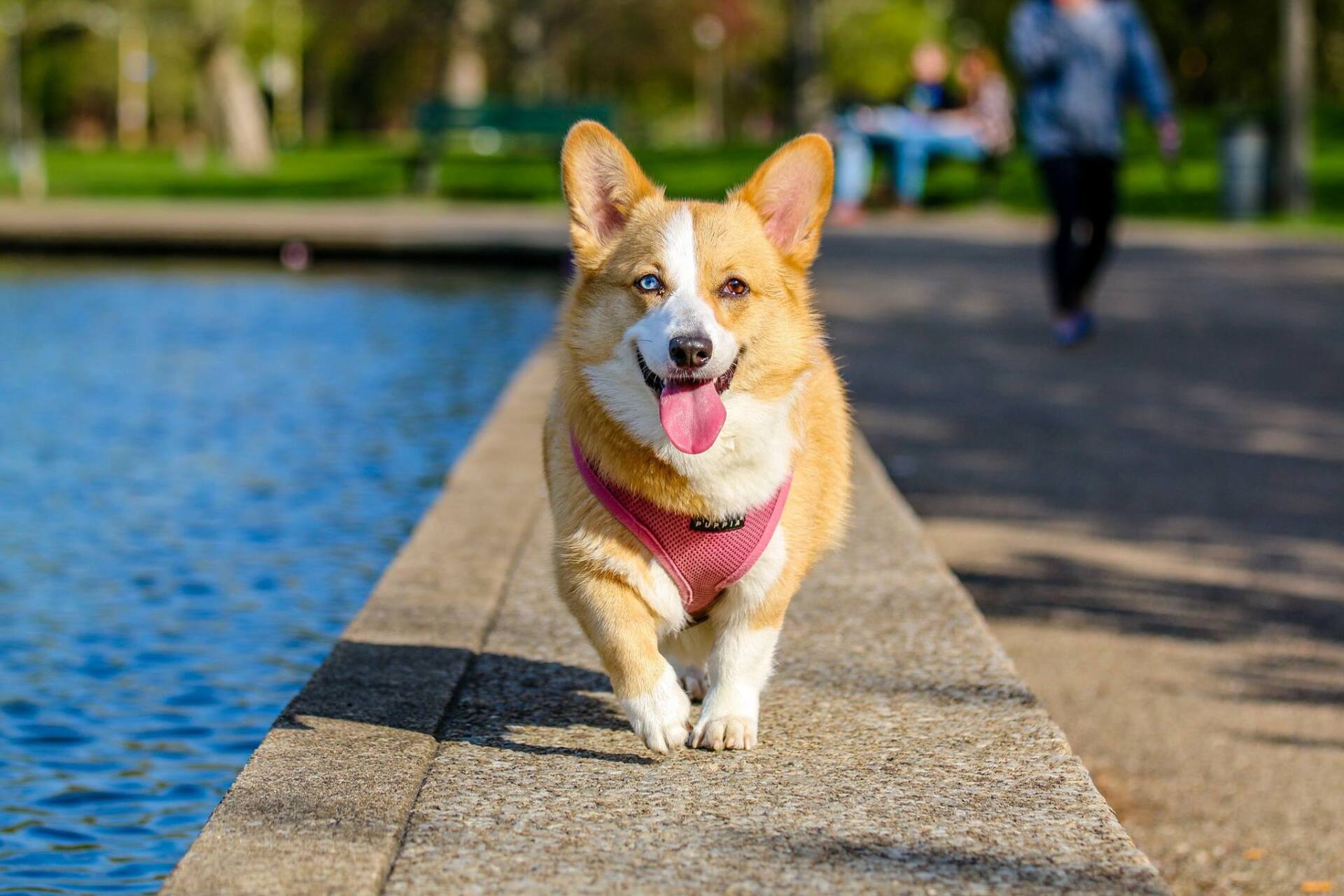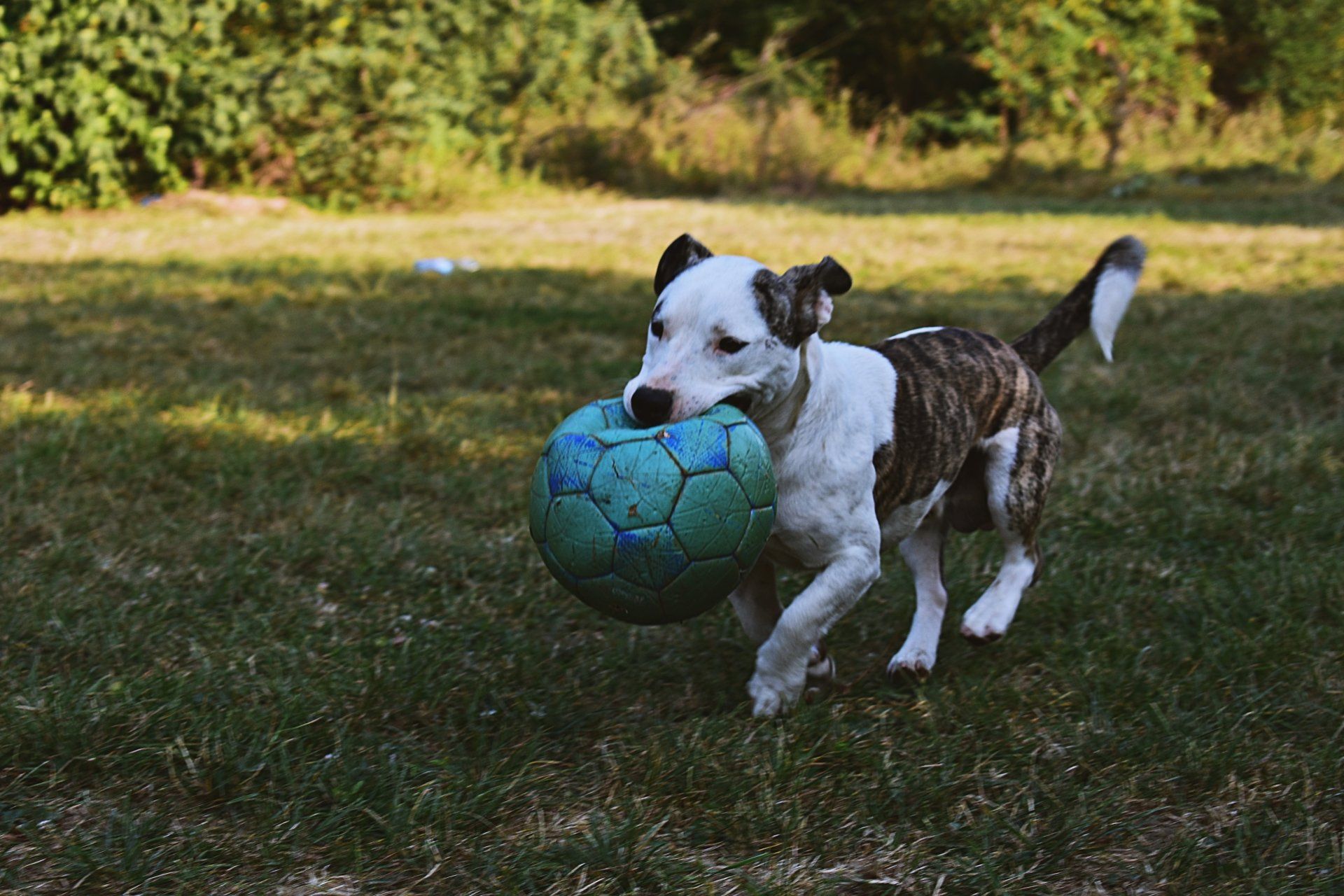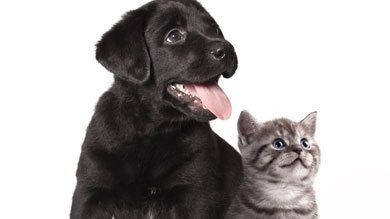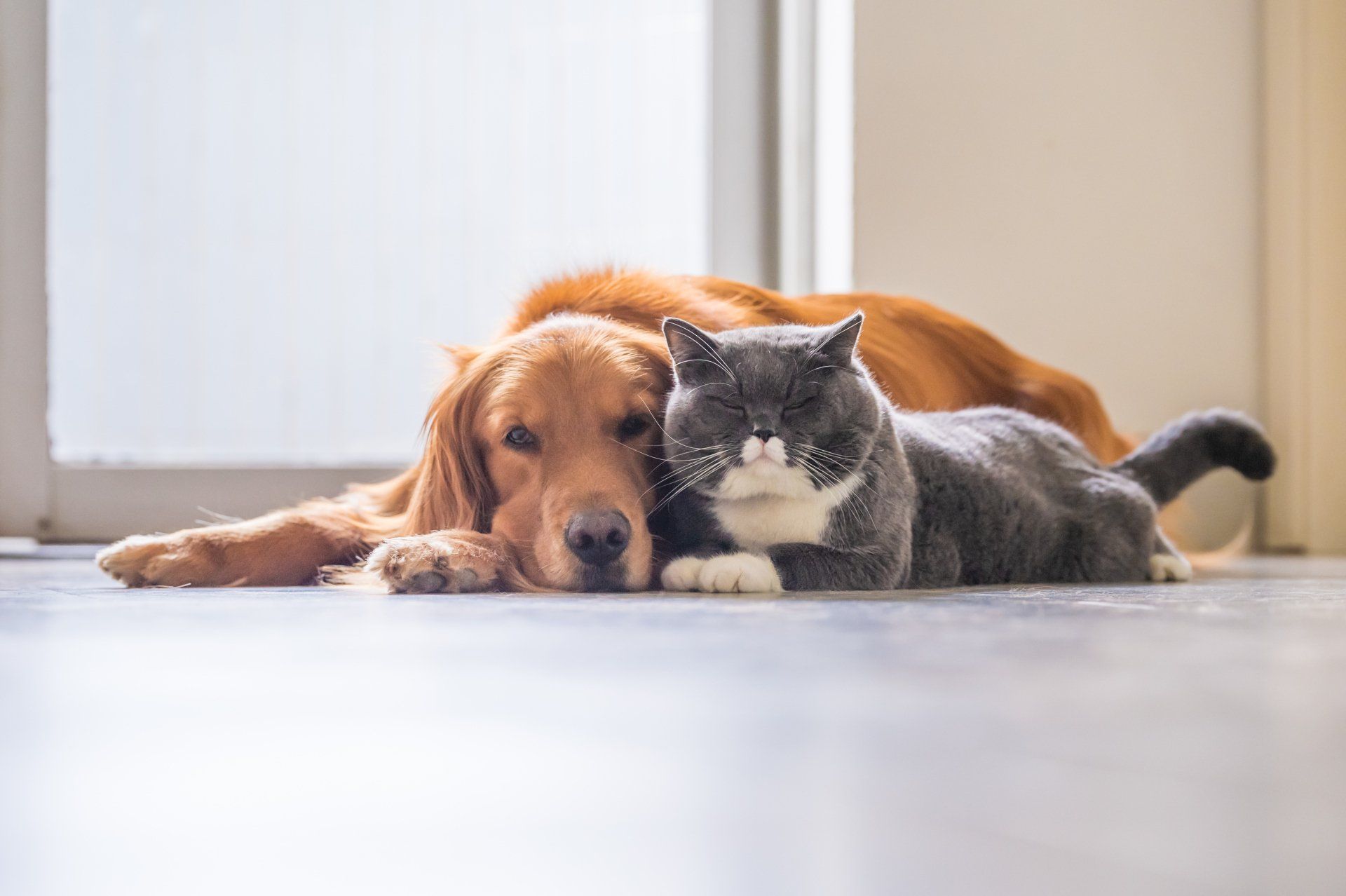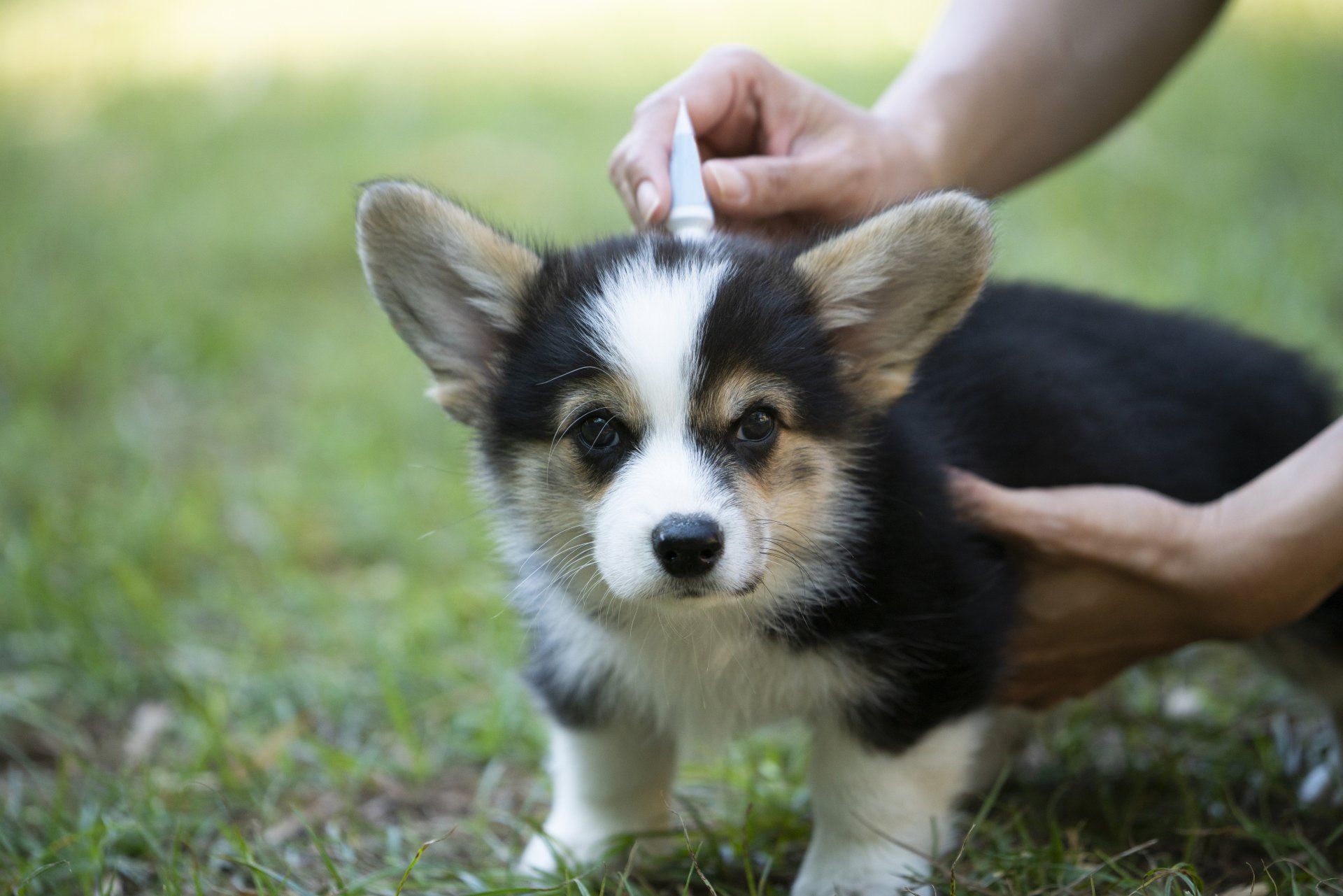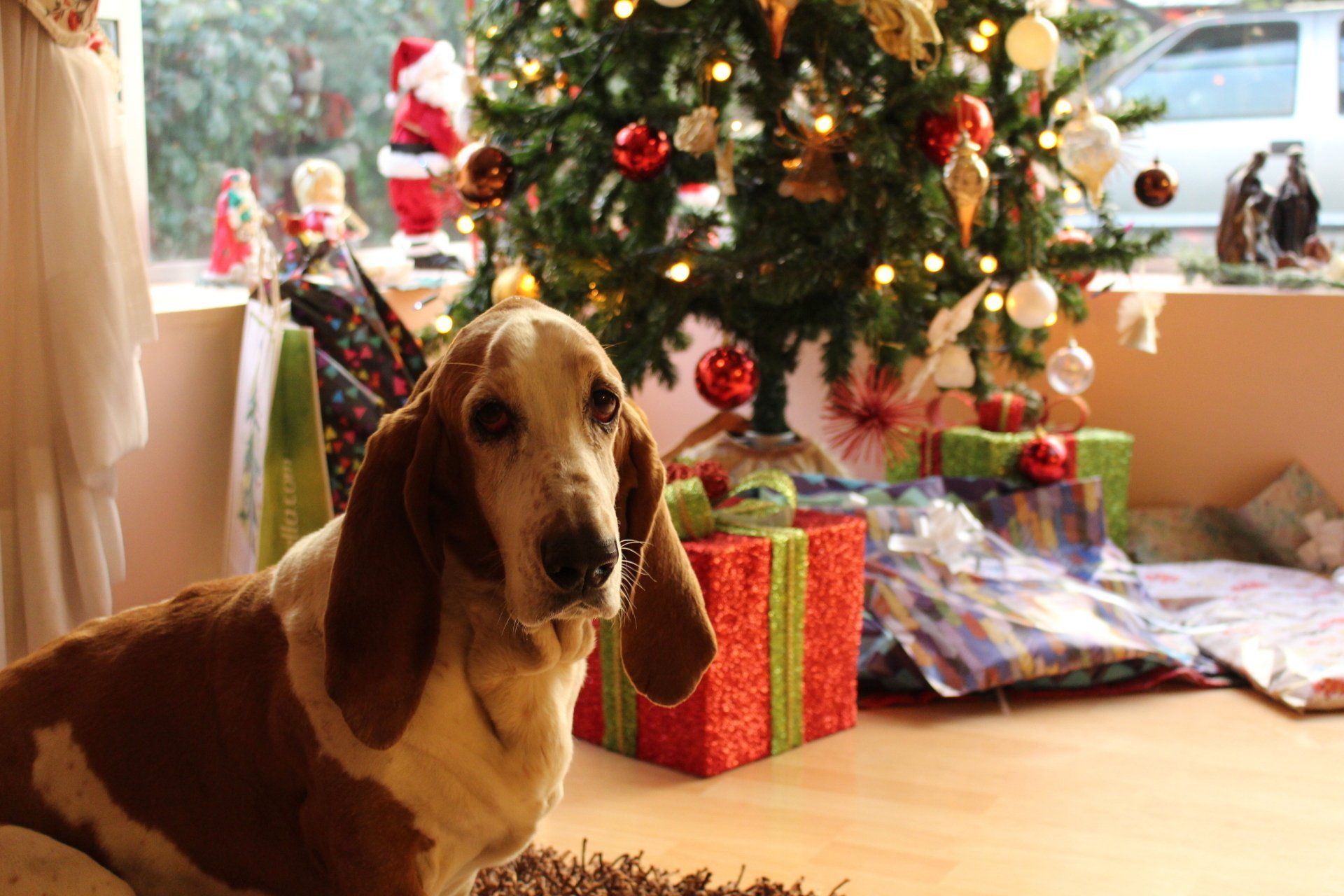Common Holiday Foods That Should Not Be Fed to Dogs
Holiday Foods That Veterinarians Suggest You Skip Sharing With Your Dog
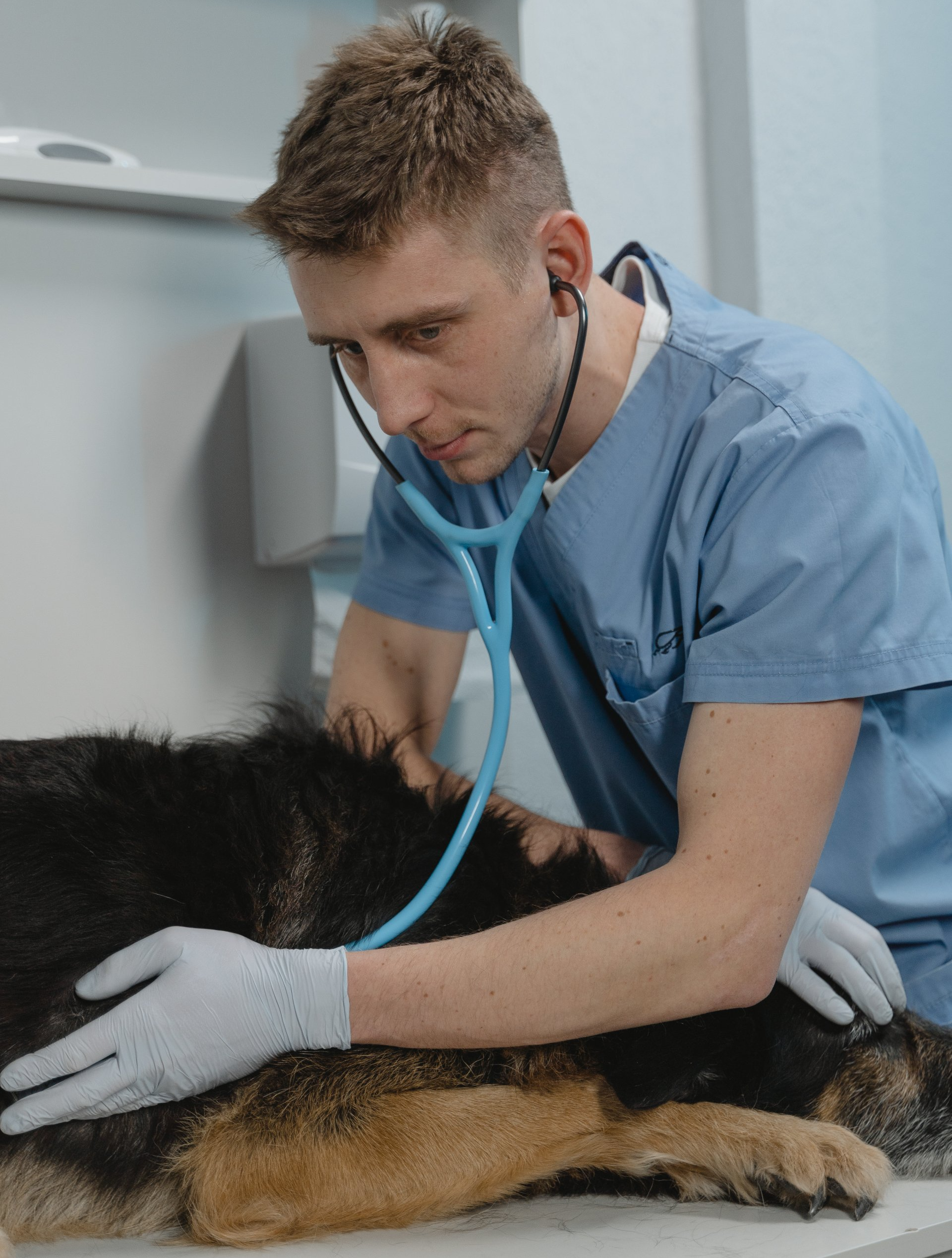
As tempting as it may be to give food scraps to your dog or someone else’s this holiday season, be sure to do your research first. There are many foods and drinks that we eat during the holidays that are not safe for dogs to eat. Here are some common holiday foods that veterinarians say to avoid feeding your dog during the holidays.
Candy: There is a sweetener known as xylitol that is commonly used while producing most kinds of candy. Xylitol can cause liver failure which will lead to death in dogs. So, veterinarians suggest keeping any little kids running around with candy in their hands away from your dog this holiday season.
Chocolate: There is caffeine and a chemical called Theobromine that are both found in chocolate and dogs cannot metabolize them like humans. Theobromine is used as a diuretic, heart stimulant, blood vessel dilator, and muscle relaxant for humans, but when it comes to this chemical found in chocolate, a dog’s body is much different than a human’s body.
Dairy products: To put it simply, dogs are lactose intolerant, and will therefore their bodies will have a tough time breaking down any dairy products they are given. Dairy products can cause diarrhea and other unpleasant digestive issues in dogs. If your dog ingests a large amount of dairy by mistake, you can contact our veterinarians for advice on what to do.
Eggnog: Milk, cream, eggs, and nutmeg are all ingredients in eggnog that can cause serious digestive issues for your pet. So instead, veterinarians suggest that you give your dog a treat that is made for pets that you know they can enjoy without any repercussions.
Garlic: Garlic poisoning in dogs is due to the chemical properties of garlic causing damage to their red blood cells. The damage to their red blood cells will cause digestive problems and respiratory issues, which can both be life-threatening for your dog. Contact a veterinarian immediately if your dog ingests garlic this holiday season.
Onions and chives: N-propyl disulfide is a chemical found in onions that like garlic, causes damage to red blood cells in dogs. The breakdown and the destruction of red blood cells in dogs after ingesting onion can be fatal.
Raisins or grapes: There is still more research that needs to be done, but grapes are to be avoided at all costs when it comes to dogs because they cause kidney damage. The damage to the kidneys can lead to kidney failure and the death of your dog.
Turkey bones: When dogs chew on turkey bones they break up and irritate their digestive tracts. The irritation can lead to some serious internal damage to your dog’s body. If your dog devours a turkey bone, contact a local veterinarian to get your dog in for an x-ray.
Contact Our Local Veterinary Clinic to Request Further Information
Contact our veterinarians at Vetcare for Pets Animal Hospital anytime if you have questions regarding what holiday foods are safe for your pet to enjoy. Our veterinary clinic offers services to residents of Benson, Clinton, Dunn, Smithfield, and Fayetteville, NC.

